

EMPOWERING SUSTAINABLE BUSINESS SOLUTIONS
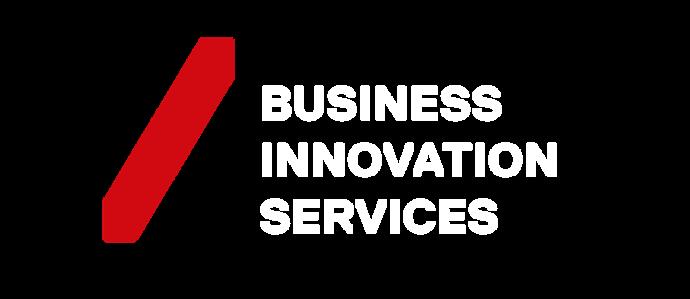
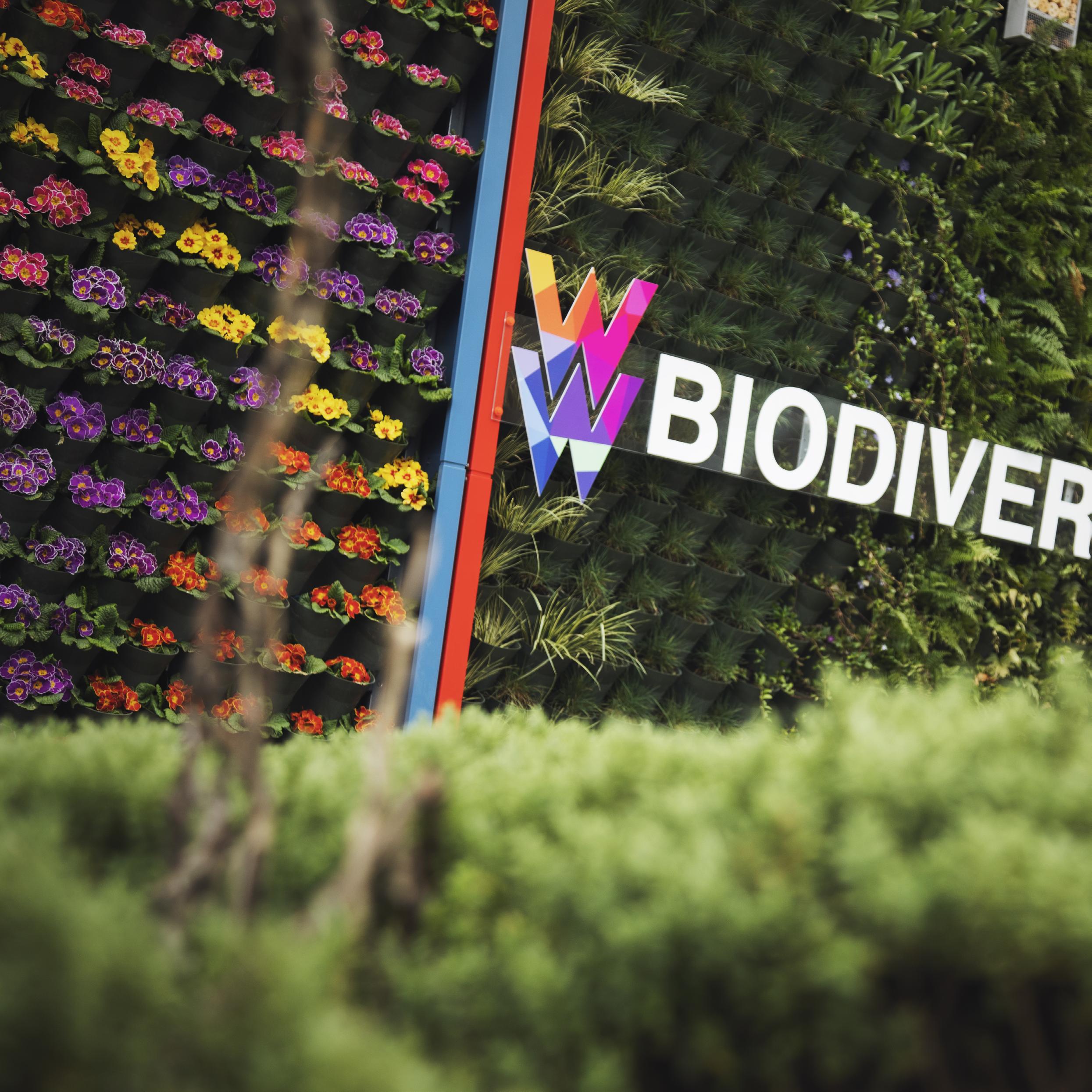
WHY PARTNER WITH US?
At the University of Salford, we are dedicated to driving sustainability, innovation and social inclusion through our industry partnerships, research and community engagement. With over 200 industry-engaged academics across a broad knowledge spectrum from biodiversity to sustainable supply chains. Our organisational commitment to green practices and cutting-edge research makes us the ideal partner for businesses looking to enhance their operations while contributing to a sustainable future.

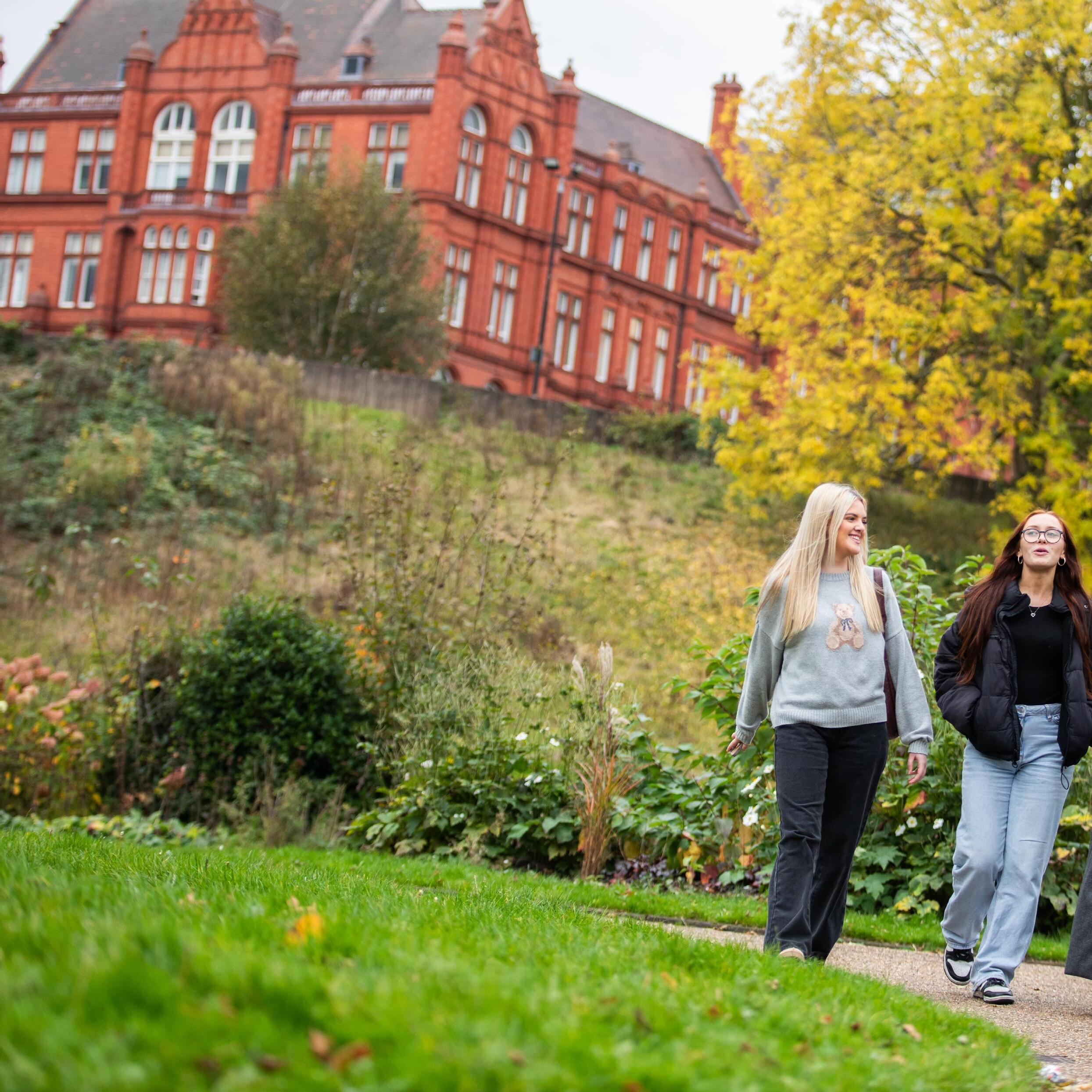
IT STARTS IN SALFORD
At the University of Salford, we find solutions to the hard-to-solve problems facing the world around us. From our unique position at the heart of the community, we empower those around us to transform the everyday lives of people in Salford and beyond.
We work with our partners to improve healthcare, help people with their energy bills, make the world sound better, boost the economy and influence policy.
At the heart of our University is an exceptional community of researchers who play a pivotal role in shaping the University’s reputation as a hub for transformative knowledge in sustainability – socially, environmentally and economically.
As the government sets ambitious targets to reach net zero, companies are turning to new ideas such as product innovation, business process automation and supply chain collaboration to reduce their emissions across all three scopes. The University of Salford pulls together experts from different fields of sustainability to provide bespoke solutions which are tailored to each company’s unique context. Our North of England Robotics Centre (NERIC) and Data Science and Artificial Intelligence (DSAI) Hub can develop solutions to increase automation across business processes and physical operations, whilst the Centre for Sustainable Innovation (CSI) can ensure that these changes are correctly embedded across a business and its people. By empowering businesses with cutting edge digital transformation, expert change management, and sustainable consultancy, we not only enhance their competitiveness but also contribute meaningfully to the community around us.

Pollution can take many forms: water, noise, soil and air, amongst others affecting communities, flora, fauna and our businesses.
Our PURE research group draws upon a multi-disciplinary wealth of expertise to provide nature-based and technical solutions to reduce exposure to contaminants, or to find ways to apply circular economic principles to find purposes for its reuse. Bringing together partners from local government, universities, NGOs and business, we promote the use of innovative, nature-based solutions across Greater Manchester and beyond to respond to the risks posed by climate change.
The UK Construction sector is responsible for around 25% of the UK’s greenhouse gas emissions. Salford has a deep-seated relationship within the Built Environment, stemming back to its days as a Royal Technical Institute in the 19th century. Nowadays, as well as training construction and QS professionals, one of the key focus areas is around decarbonising the sector and driving forward a positive social impact.
Our Energy House labs are accelerating the progress towards low carbon and net zero housing design. We are committed to helping people reduce their energy bills through the development and testing of disruptive technologies, advising Government on ways to boost energy efficiency and providing consumers with simple and low-cost advice to reduce their heating bills and environmental impact.
Similarly, our UKAS-accredited Thermal and Acoustic Labs support companies developing new biological and carbon-efficient advanced materials. This sustainable built environment activity is underpinned by our Environmental Research and Innovation Centre (ERIC) co-developing living walls, green roofs, urban farms and other green infrastructure to create urban spaces for people to enjoy.
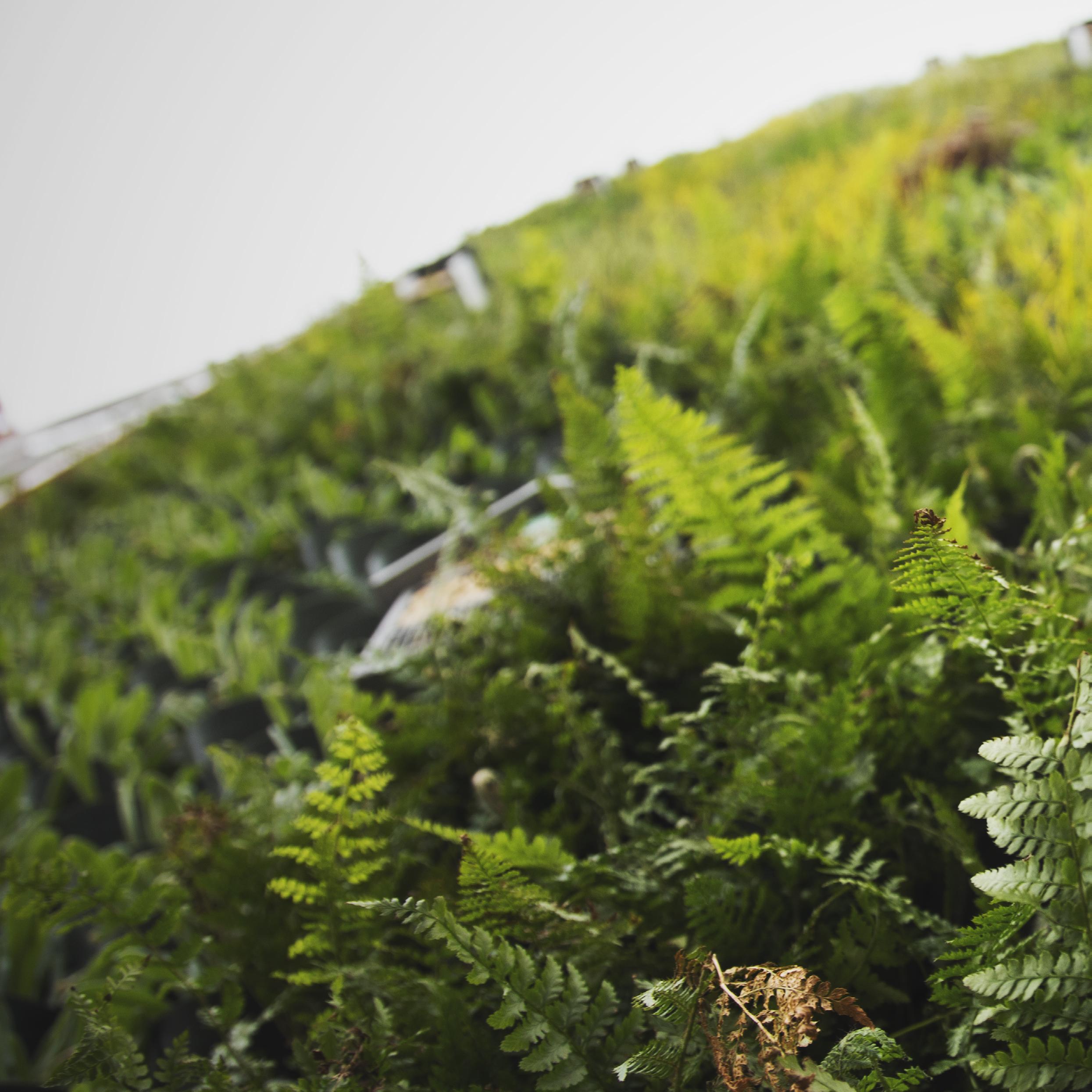
DECARBONISING BUSINESS OPERATIONS

CENTRE FOR SUSTAINABLE INNOVATION
The Centre for Sustainable Innovation (CSI) is focused on sustainability, change management and digital transformation. It supports businesses by helping them leverage the latest academic research and access powerful insights from industry leaders and experts.
By offering support, resources, guidance, and connections, the CSI empowers businesses to take on transformational innovative projects.
Research Applications:
/ AI and Digitalisation: Developing solutions to help businesses to automate, modernise and streamline their business operations.
/ Sustainability: Supporting industry to embed circularity and implement sustainable new processes.
/ Business Growth: Improving access to industry expertise for businesses in the North West.
CASE STUDY
In partnership with Siemens and the Northern Automotive Alliance (NAA), the CSI developed ‘Sustainable Futures’, a programme was designed to support SMEs in the automotive supply chain as they seek to align with the UK’s decarbonisation goals.
Recognising the sector’s need for tailored, actionable guidance, we co-created a strategic programme that included carbon footprint baselining, readiness assessments, expert-led workshops and sustainability action planning.
Sustainable Futures was launched in January 2025 and completed in June the same year. The CSI worked directly with 6 NAA SME members, providing 25 hours of structured engagement per participant. The work with these businesses focused on demystifying sustainability for SMEs, embedding practical tools and ensuring tangible, measurable outcomes.
This collaborative model is now being considered as a blueprint for wider industry adoption and deployment to SMEs in other sectors.

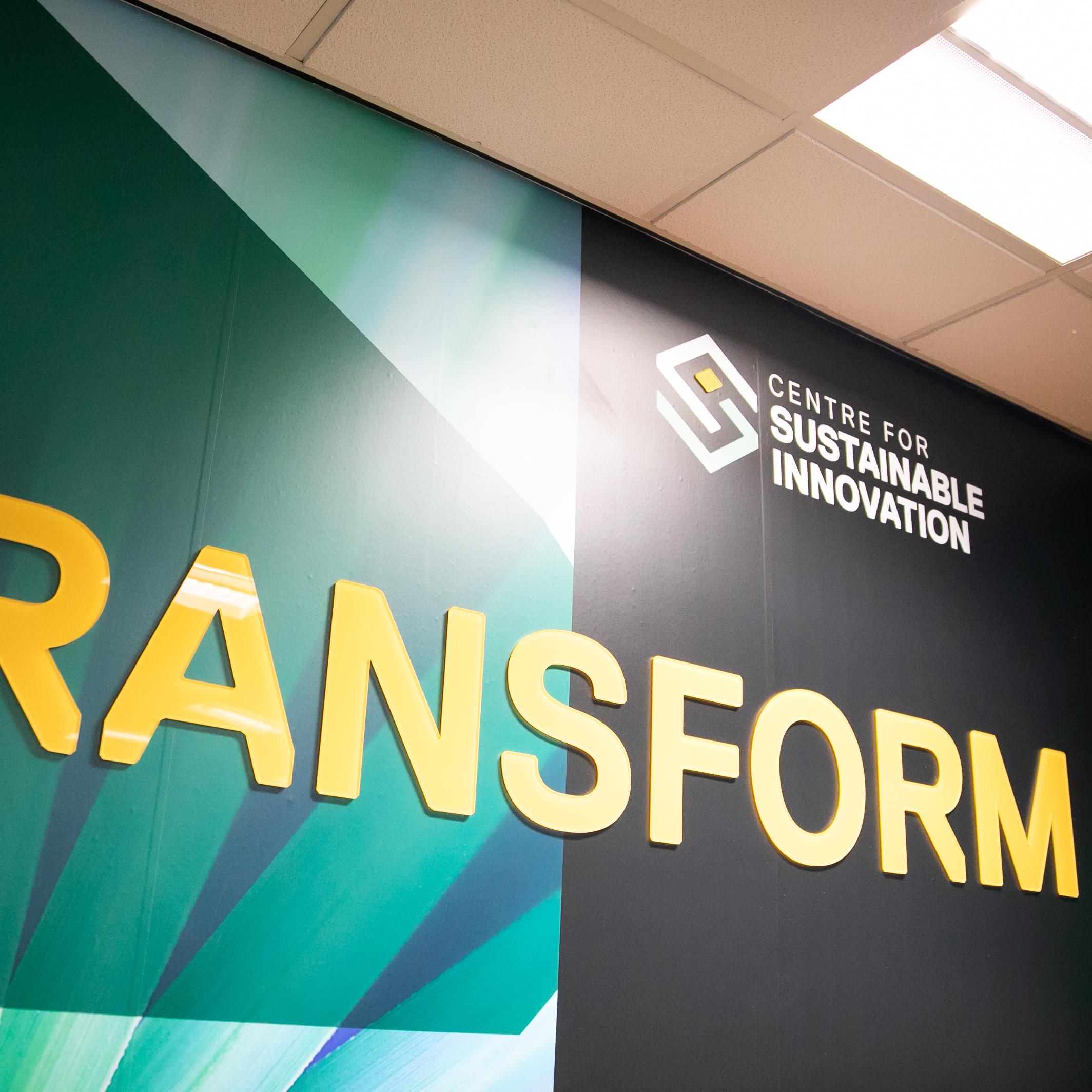
IT SUPPORTS BUSINESSES BY HELPING THEM LEVERAGE THE LATEST ACADEMIC RESEARCH AND ACCESS POWERFUL INSIGHTS FROM INDUSTRY LEADERS AND EXPERTS.
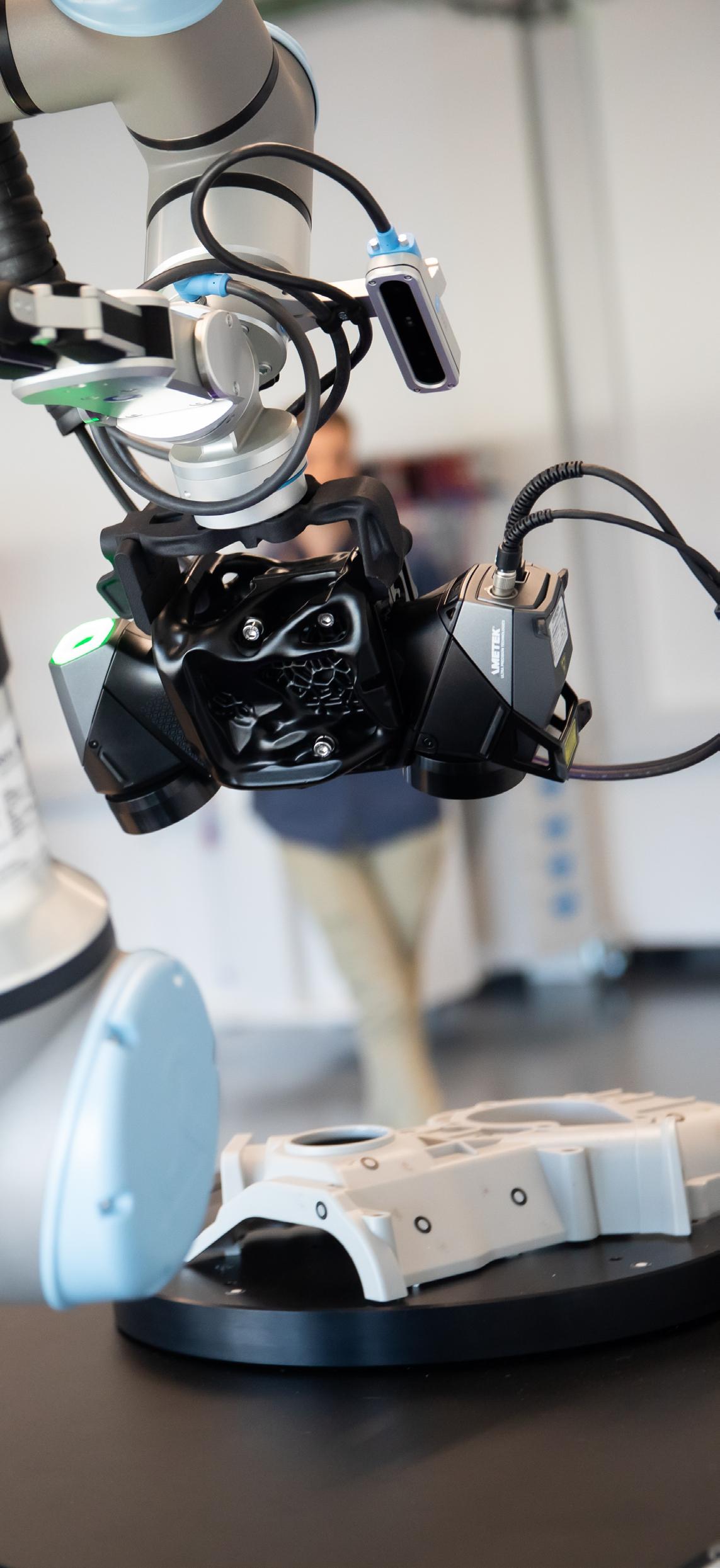




NORTH OF ENGLAND ROBOTICS INNOVATION CENTRE


The North of England Robotics Innovation Centre (NERIC) is advancing robotics and automation to support a more sustainable future. The Centre is focused on developing intelligent robotic systems that contribute to environmental resilience, energy efficiency, and sustainable practices across multiple sectors.
NERIC plays a key role in addressing the challenges of climate change and resource efficiency by exploring robotics applications in areas such as net zero transitions, smart cities, green manufacturing, and sustainable healthcare technologies.
Research Applications
/ Environmental Robotics: Designing robotic systems for environmental monitoring, waste reduction, and ecosystem protection.
/ Green Manufacturing: Enhancing precision and reducing material waste in manufacturing through intelligent automation.
/ Sustainable Infrastructure: Supporting the development of smart, energy-efficient infrastructure with robotics and digital automation.
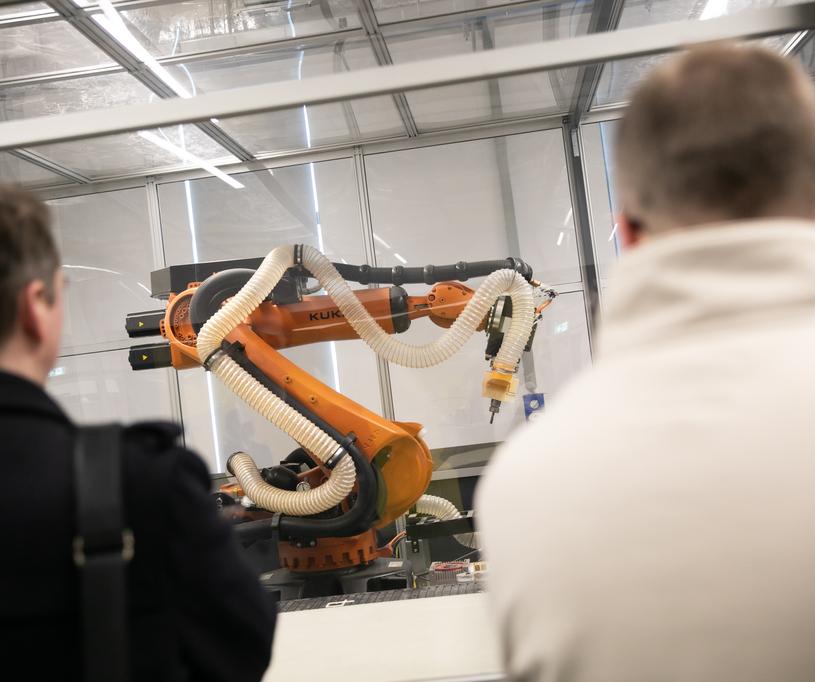
Case Study: Circular Refining
Circular Refining deliver projects and processes that use renewable energy and unrecyclable materials to create new products which can reduce the need for virgin materials. This can help to reduce emissions from the mining, quarrying and logging industries which are all major sources of greenhouse gases.
Through technical investigation, NERIC’s robotics and automation consultancy programme helped Circular Refining understand how a processing plant for reusable pyrolysed waste could be fully automated.
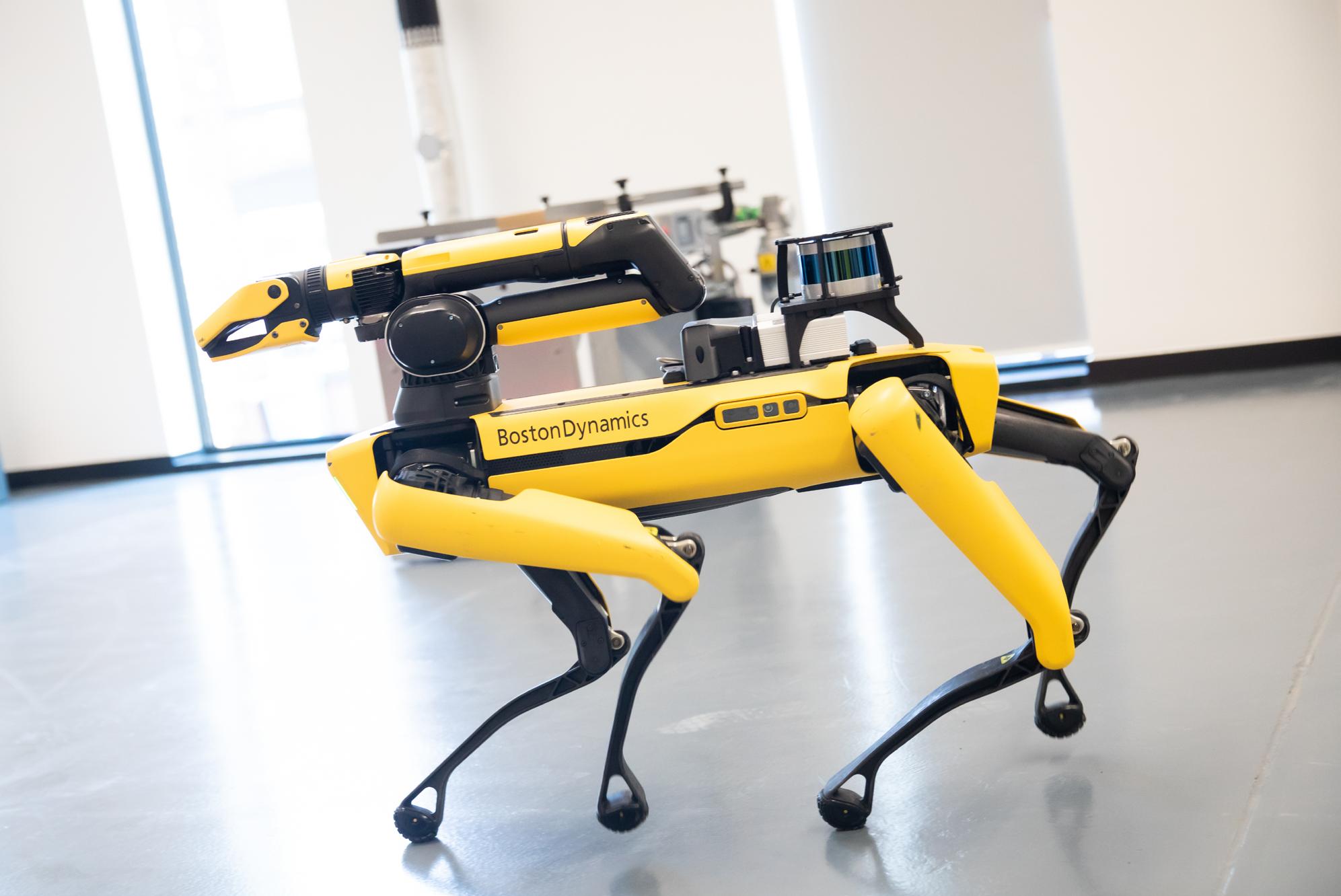
Scan to learn more
DATA SCIENCE AND ARTIFICIAL INTELLIGENCE HUB
At the forefront of sustainable innovation, the Data Science and Artificial Intelligence (DSAI) Hub at the University of Salford is a vibrant, interdisciplinary community of researchers, practitioners, and innovators. The Hub is committed to harnessing the power of data and AI to drive environmentally responsible solutions. Our work supports a greener future by integrating advanced analytics and machine learning into sustainable design and operations.
Research Applications
/ Predictive Maintenance: Leveraging AI to anticipate and prevent system failures, reducing waste and extending the life of assets.
/ Energy Optimisation: Using data-driven insights to minimise energy consumption and carbon emissions in operations.
/ Smart Buildings: Creating intelligent, adaptive systems that promote energy efficiency, occupant well-being, and environmental stewardship.
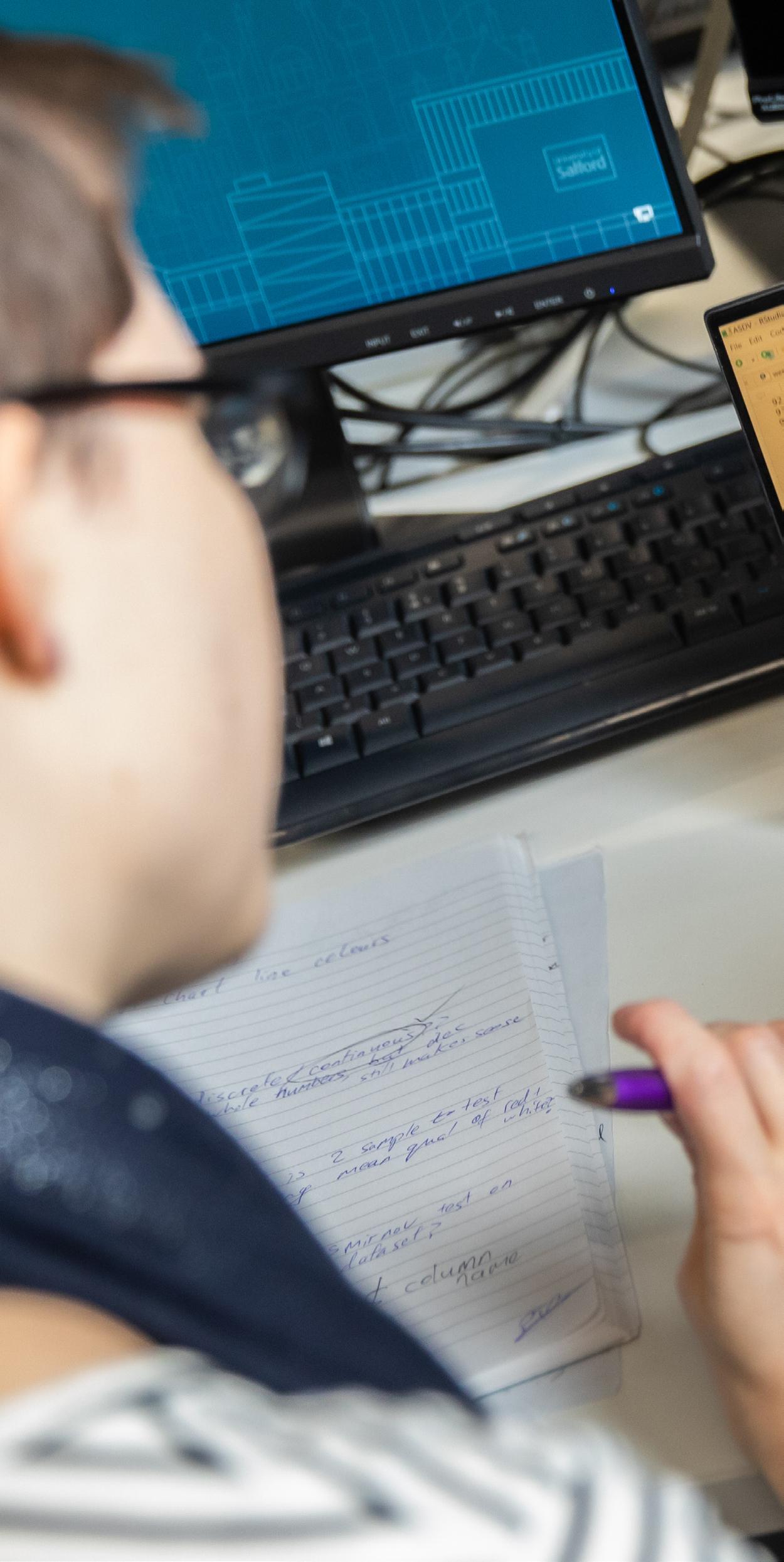
CASE STUDY: Green Tech Recycling – AI for Circular Economy
The University of Salford partnered with Green Tech Recycling, a local SME specialising in the reuse and responsible disposal of electronic waste. The collaboration focused on using AI to streamline operations and reduce environmental impact.
Sustainability Impact:
/ Developed a machine learning model to classify and sort e-waste more efficiently, reducing landfill contributions
/ Optimised logistics for collection routes, cutting fuel use and emissions by 22%
/ Enabled real-time tracking of recycling rates and material recovery, improving transparency and compliance
This project demonstrates how AI and data science can directly support circular economy goals, helping businesses reduce waste and operate more sustainably.
Scan to learn more
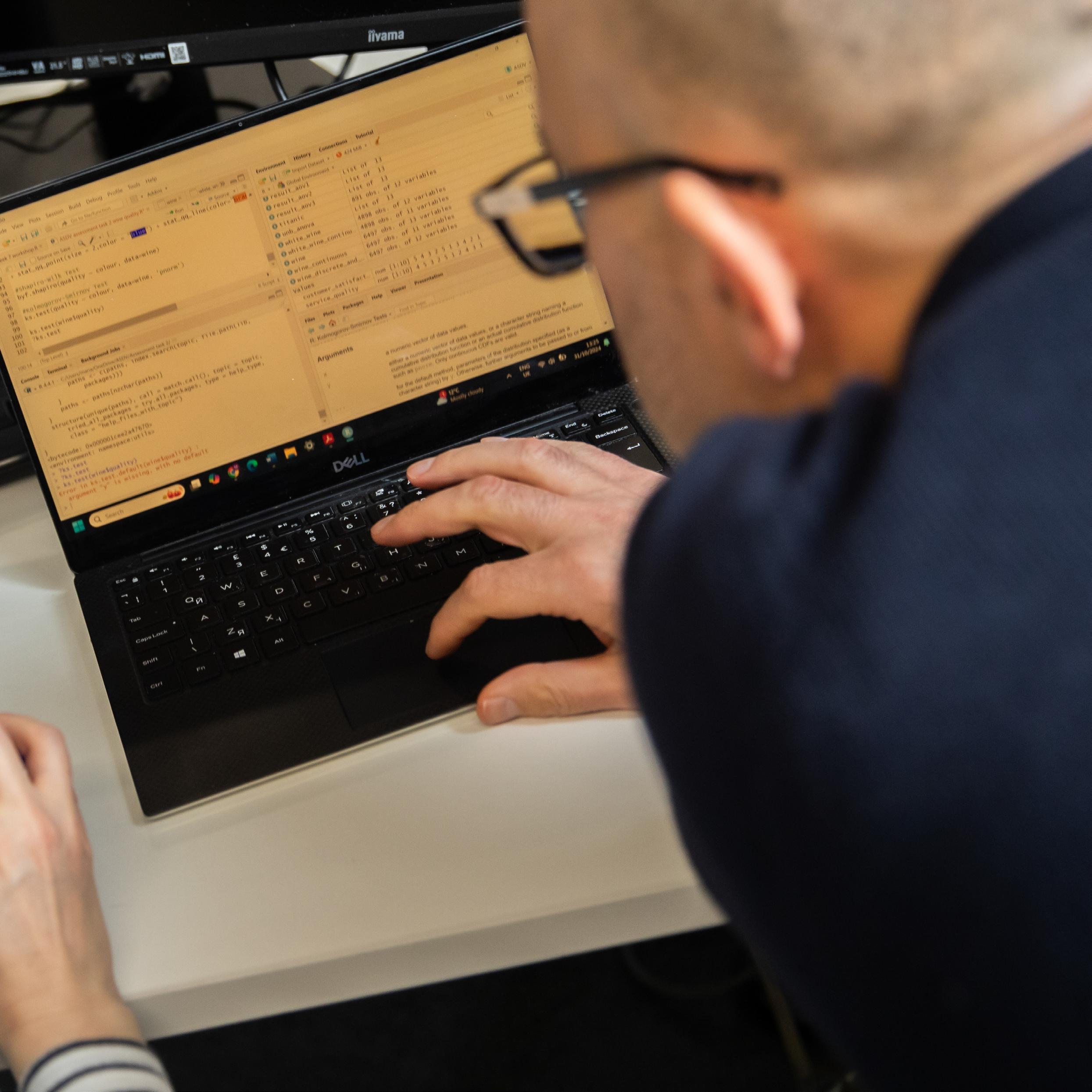
THE HUB IS COMMITTED TO HARNESSING THE POWER OF DATA AND AI TO DRIVE ENVIRONMENTALLY RESPONSIBLE SOLUTIONS.

OUR INDUSTRYFOCUSED RESEARCH


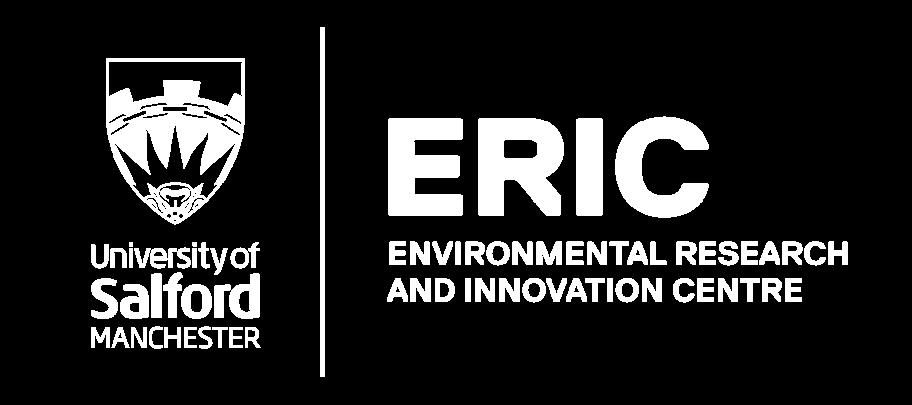
ENVIRONMENTAL RESEARCH AND INNOVATION CENTRE
(ERIC)
The Environmental Research and Innovation Centre is a world-leading centre pioneering innovative solutions at the intersection of environmental science, biodiversity and sustainability.
With over 200 members, the Environmental Research and Innovation Centre (ERIC) is the largest sustainability research unit at Salford. ERIC has an overarching vision of understanding and analysing the biological, physical and social dimensions of environmental changes and the resultant impacts on humans, animals and plants through high-quality, high-impact research.
ENVIRONMENTAL SCIENCE, BIODIVERSITY, POLLUTION, AND SUSTAINABILITY
Why it matters:
/ Largest sustainability research unit at Salford with over 200 members
/ Tackles the biological, physical, and social dimensions of environmental change
/ Supports interdisciplinary, impact-driven research that transforms policy and practice

Key groups within ERIC:
/ Biodiversity Research Group: Ecological and conservation science
/ Pollution Research Group (PuRe): Soil, water, air, and noise pollution
/ Green, Grow and Thrive Catalyst: Urban agriculture, green infrastructure, and social prescribing—ideal for businesses interested in community-based sustainability
POLLUTION AND NATURE-BASED SOLUTIONS
At the University of Salford, within the Environment Research and Innovation Centre, we have a research group focused on pollution research (PuRe). The PuRe research group is an interdisciplinary research group that works across soil, water, air and noise pollution studies. The PuRe group brings together researchers from a variety of backgrounds, including geographers, ecologists, environmentalists, architects and acoustics researchers, to explore innovative solutions for tackling pollution in its many forms.
Recent work by the PuRe research group spans multiple EU-funded projects tackling different forms of environmental pollution through interdisciplinary research. Group members, including PhD students, actively contribute to these research projects. The PuRe group actively collaborates in initiatives such as the Ignition project and the Public Realm, and with external stakeholders such as Department for Environment Food and Rural Affairs.
Case study: Plan B Project
PLAN-B is an EU-funded Horizon Europe initiative supporting the EU Biodiversity Strategy for 2030 by addressing light and noise pollution in terrestrial ecosystems. Key outputs include an open-access database on pollution impacts, policy briefs to strengthen environmental legislation, and a synthesis report outlining current trends and future challenges across Europe. The project aims to improve biodiversity protection and inform better decision-making aligned with international targets.
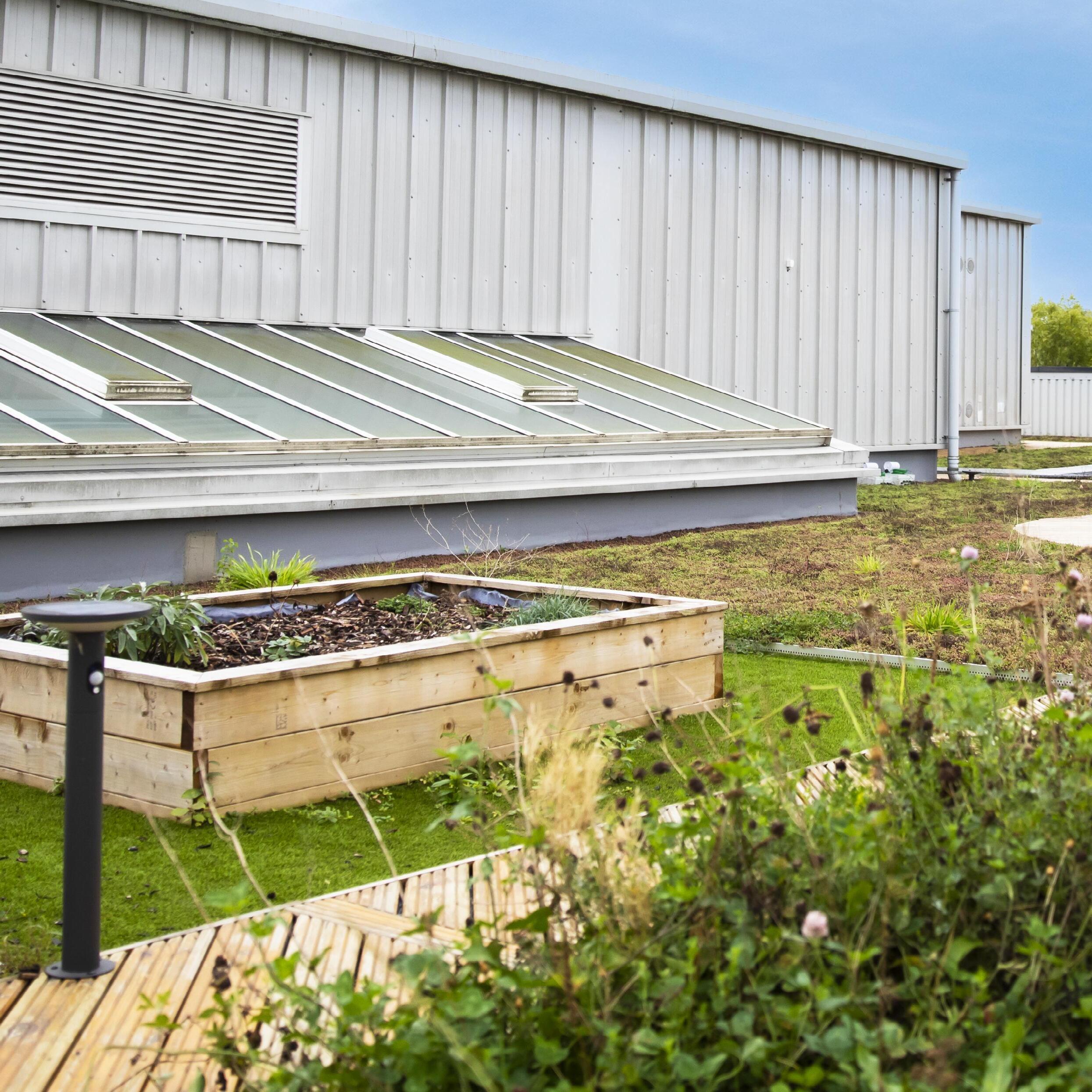
Scan to learn more about the Plan B Project
Case Study: Greening Greater Manchester – A Partnership for Cleaner Air
In collaboration with a local logistics company, researchers at the University of Salford codeveloped a green infrastructure strategy to reduce air pollution around a busy distribution hub in Greater Manchester. The project involved installing living walls and bioswales to filter air and water pollutants, alongside deploying IoT sensors to monitor environmental impact in real time.
Outcomes:
/ 18% reduction in particulate matter (PM2.5) levels within 12 months
/ Improved biodiversity with the introduction of native plant species
/ Enhanced employee wellbeing and community engagement
/ Scalable model now being adopted by other industrial estates in the region
This project exemplifies how nature-based solutions can deliver measurable environmental and business benefits.
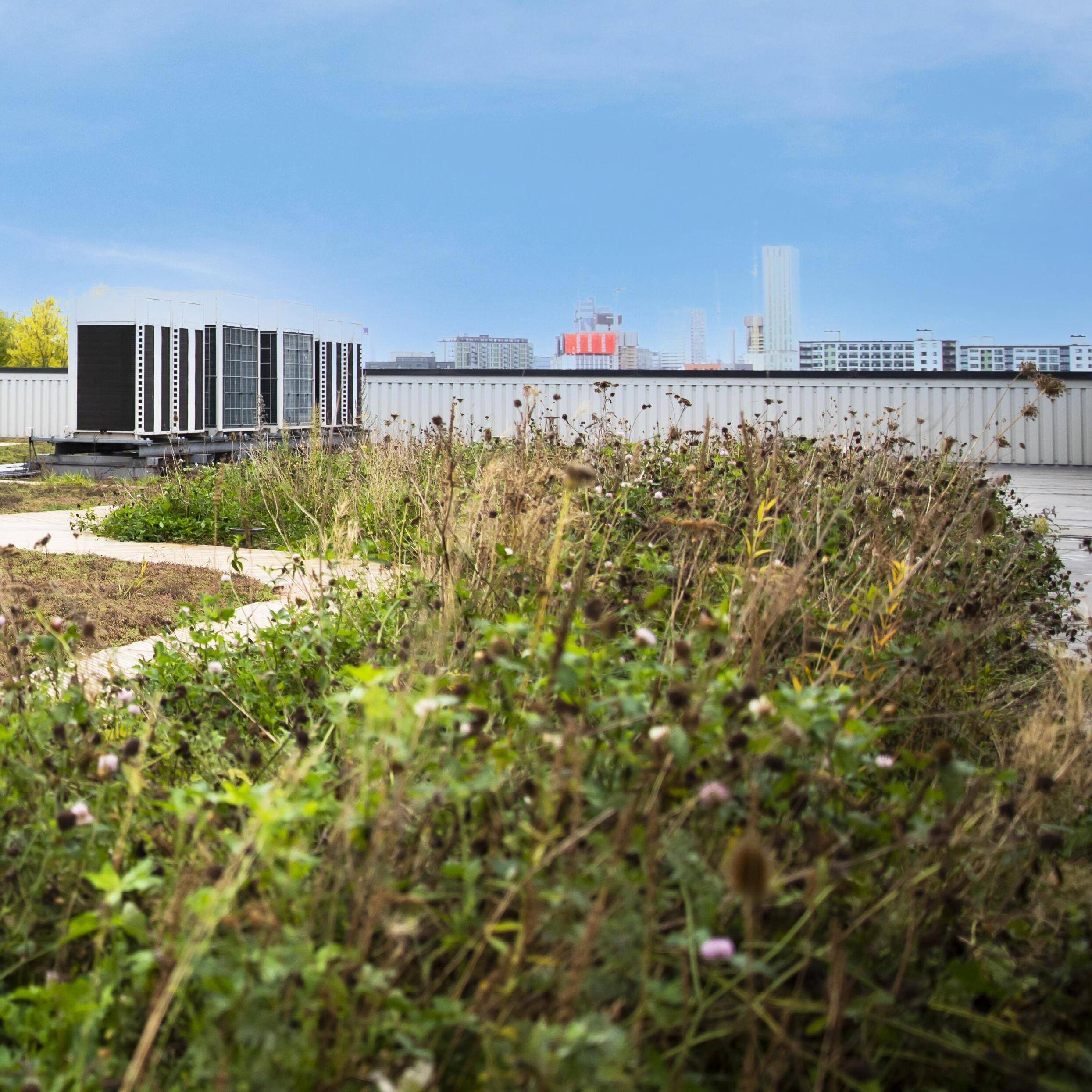
Scan to learn more about Greening Greater Manchester:
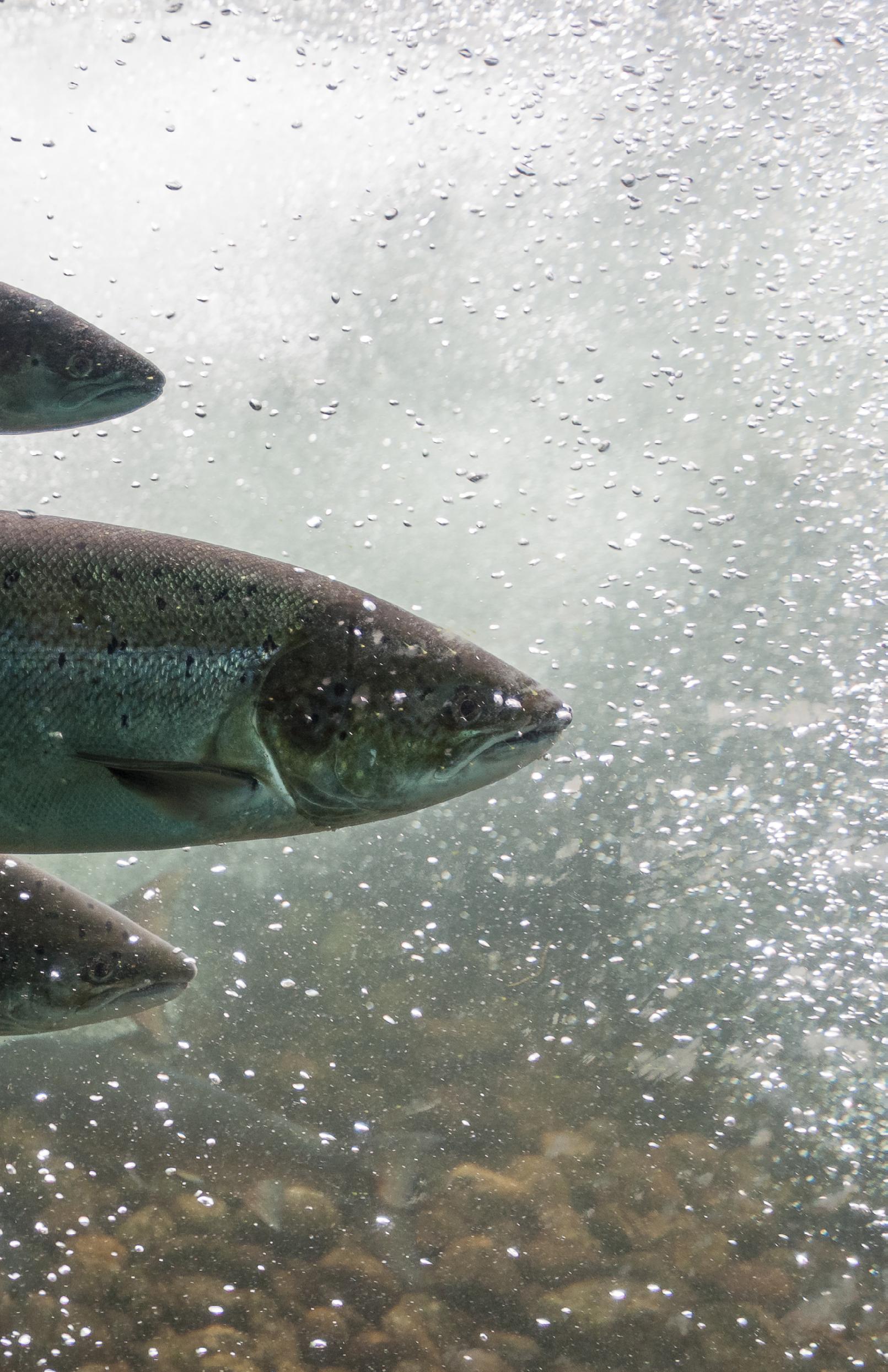
CASE STUDY: Monitoring fish Biodiversity in the Mersey River
This was an iPhD with The Mersey Gateway Environmental Trust; internal supervisors: Dr Naiara Sales and Dr Chiara Benvenuto –Widening Participation University of Salford PhD scheme; internal supervisors Dr Chiara Benvenuto, Prof Robin Beck, Dr Chrysoula Gubili and Dr Naiara Sales
Dr Jake Jackman successfully defended his viva and his industrial PhD in collaboration with the Mersey Gateway Environmental Trust (MGET) explore the fish biodiversity in the River Mersey (UK) using state-of-the-art molecular tools (eDNA metabarcoding: sequencing the traces of DNA left in the water by fish, coming from mucus, gametes…). Jake has collected monthly water samples for a full year to follow the presence and the return of many species of fishes to this river, once completely barren of life, due to pollution from the industrial revolution.
In total, 69 fish species were detected, including four UK Biodiversity Action Plan (BAP) priority ones: the Atlantic salmon, the European eel, the brown trout and the European smelt, providing evidence of ecological recovery in this once heavily degraded ecosystem. Jake also explored the movement of the eDNA particles using a hydrodynamic model. The data collected is now being processed again by another PhD student, Lucy Irwin, who will focus specifically on the biodiversity of sharks and rays in the Mersey estuary.
The long-lasting collaboration with the MGET is acting as a catalyst for University of Salford staff to develop learning experiences for undergraduates and postgraduates. Students following wildlife, marine biology and environment-related programmes have gained field experiences on trips to the estuary and MGET staff periodically visit the University to give lectures as part of these programmes. Recently the University of Salford and the MGET have launched a Coastal Ecosystem Hub (a collaborative initiative aimed at bridging the gap between academia, policymakers, and industry in aquatic ecosystem monitoring and policy implementation) and we had our first Workshop in June 2025: Shaping the future of aquatic policy.
DISASTER RISK MANAGEMENT AND RESILIENCE
The University of Salford’s Centre for Disaster Resilience is working with communities around the world to increase their resilience to the threat posed by natural and human induced hazards.
Our research and activity examines the role of building and construction to anticipate and respond to disasters that damage or destroy the built environment. The Centre is part of Built and Human Environment (BuHu) Research which provides cuttingedge research within urbanism, well-being,

real estate, disaster risk management, cultural heritage and neuroscience to create sustainable, resilient and inclusive spaces.
The Centre undertakes a full range of research styles and provide holistic solutions to real world problems. The are the only research centre in the UK promoting multidisciplinary nature of the management of disasters and undertakes cooperative research with a large number of international partners. They aim at raising awareness of the need for disaster risk reduction among local governments around the world.
CIRCULAR ECONOMY AND URBAN FARMING INITIATIVES
The Green, Grow, & Thrive Catalyst is an interdisciplinary hub bringing together Salford researchers and external partners with an interest in urban agriculture, green infrastructure, and social prescribing. Our mission is to create a space for networking, to facilitate knowledge sharing, and to create opportunities for collaboration and innovation.
Our expertise can help organisations to embed circular processes and systems into their operations to maximise the reuse of waste materials and reduce costs. This could be working more closely with their supply chains to recirculate waste outputs or improving operational processes within a business to identify hotspots and provide bespoke solutions.
Moreover, the University generates new knowledge and research in urban agriculture, waste reuse, and sustainable food systems. Such projects have helped to drive community resilience, soil remediation, and pollution reduction through nature-based practices.
OUR EXPERTISE CAN HELP ORGANISATIONS TO EMBED CIRCULAR PROCESSES AND SYSTEMS INTO THEIR OPERATIONS

CASE STUDY: United Utilities –Grey water and energy recycling
In a pioneering collaboration between United Utilities PLC, Arvia Technology Ltd, and the University of Salford, a novel grey water recycling system was developed using graphite adsorption and electrochemical regenerationtechnologies never before applied to this purpose.
Installed at Energy House 1.0, the pilot system not only recycles grey water but also recovers thermal energy. PhD researcher Rukayat Oki demonstrated the system’s effectiveness in removing organic and biological contaminants at low cost, positioning it as a transformative solution for sustainable water reuse. The project shows strong potential for domestic application and marks a significant advancement in water conservation technology.
ACOUSTICS AND ENVIRONMENTAL NOISE RESEARCH
In addition to its testing facilities, Salford is internationally recognised for its work in environmental acoustics.
Researchers have conducted in-depth research into the impact of noise pollution on ecosystems and human health, having worked closely with the urban planning, transport, and public health sectors, amongst others.
CASE STUDY: iKoustic
In a successful two-year Knowledge Transfer Partnership (KTP), iKoustic Ltd and the University of Salford developed cutting-edge acoustic insulation and soundproofing solutions with enhanced acoustic, thermal, and environmental performance.
Supported by the University’s Acoustics Research Centre, the project introduced predictive modelling and novel testing methods to streamline product development. This collaboration led to the creation of AcousticWafer® - a sustainable, highperformance wall and floor lining that could replace traditional plasterboard.
The KTP not only improved iKoustic’s R&D capabilities but also earned a ‘very good’ rating from Innovate UK, highlighting its impact on sustainable construction innovation.
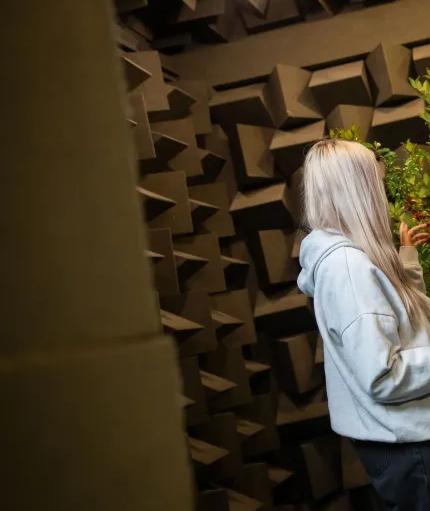
To read more about iKoustic scan the QR code:
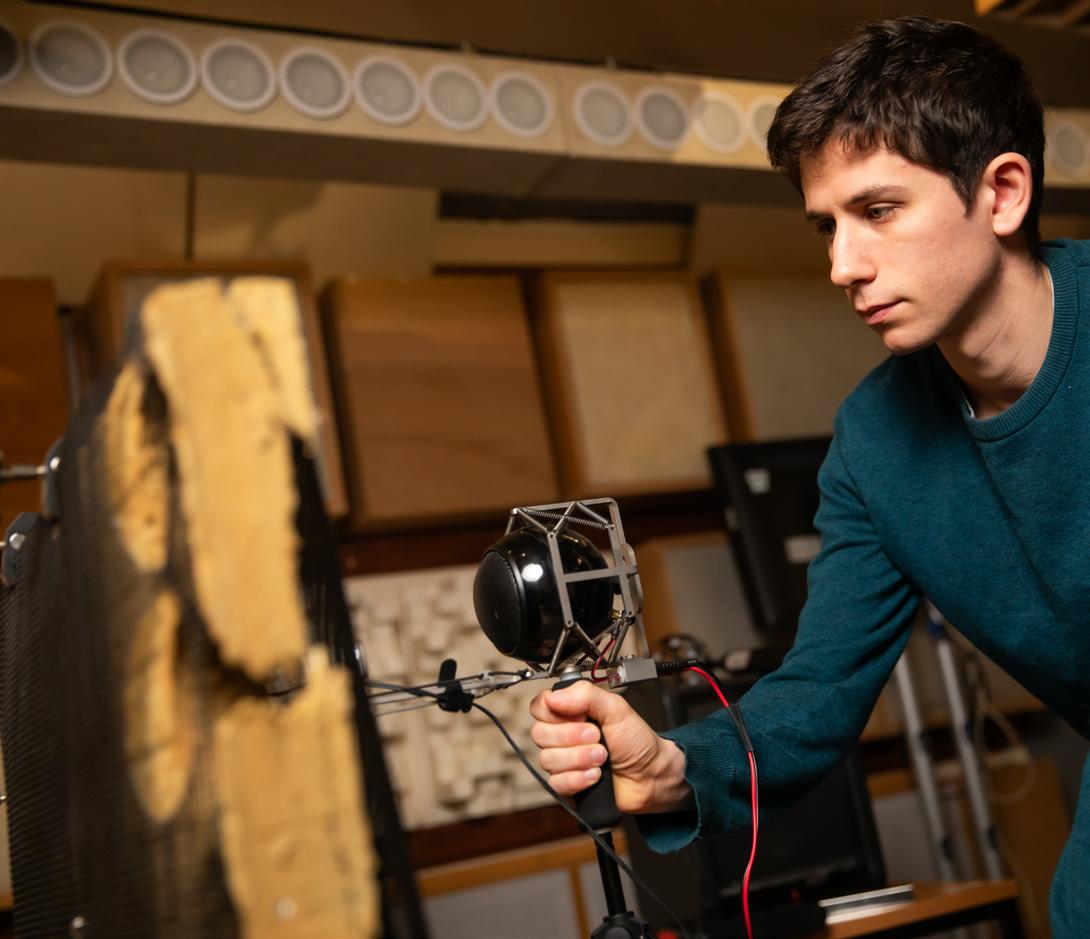
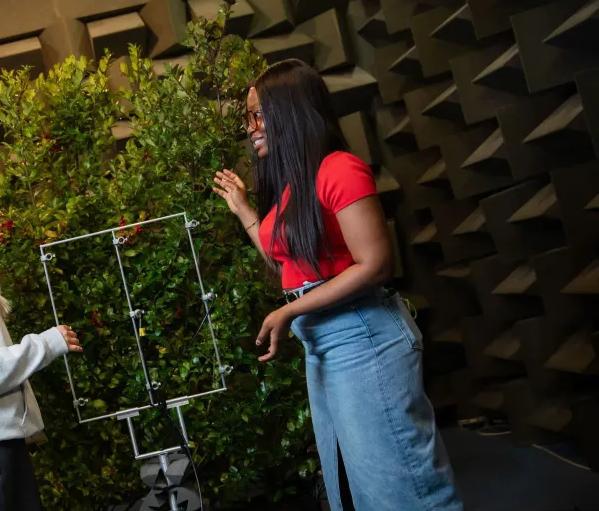

SALFORD
IS INTERNATIONALLY RECOGNISED FOR ITS WORK IN ENVIRONMENTAL ACOUSTICS.
Case Study: Empowering Communities through Inclusive Retrofit
As part of the Centre for Research on Inclusive Society (CRIS), the University of Salford partnered with local housing providers to address energy poverty in low-income neighbourhoods. The project focused on inclusive home retrofitting, ensuring that energy-efficient upgrades were accessible to vulnerable households.
Key Outcomes:
/ Co-designed retrofit solutions with residents to reflect cultural and practical needs
/ Reduced household energy bills by up to 30%
/ Improved indoor air quality and thermal comfort
/ Strengthened community trust and participation in sustainability initiatives
This initiative demonstrates how inclusive approaches to sustainability can deliver both environmental and social impact.
Scan to learn more about CRIS:
SOCIAL EQUITY AND INCLUSION

At the University of Salford, we believe that sustainability must be inclusive to be truly transformative. Our work in social equity and inclusion supports businesses in creating fair, diverse, and resilient communities - ensuring that environmental progress goes hand-in-hand with social justice.
Through research, partnerships, and community engagement, we help organisations embed equity into their sustainability strategies, addressing systemic inequalities and promoting inclusive growth.
Key Focus Areas
/ Inclusive Innovation: Co-developing solutions with underrepresented communities to ensure equitable access to green technologies and opportunities.
/ Workforce Diversity: Supporting businesses in building inclusive workplaces through training, policy development, and inclusive recruitment practices.
/ Community Resilience: Collaborating with local stakeholders to design sustainable solutions that address social vulnerability and improve quality of life.
/ Health and Wellbeing: Promoting environmental justice by addressing the disproportionate impacts of pollution and climate change on marginalised groups.

CREATING FAIR, DIVERSE, AND RESILIENT COMMUNITIES - ENSURING THAT ENVIRONMENTAL PROGRESS GOES HAND-INHAND WITH SOCIAL JUSTICE.
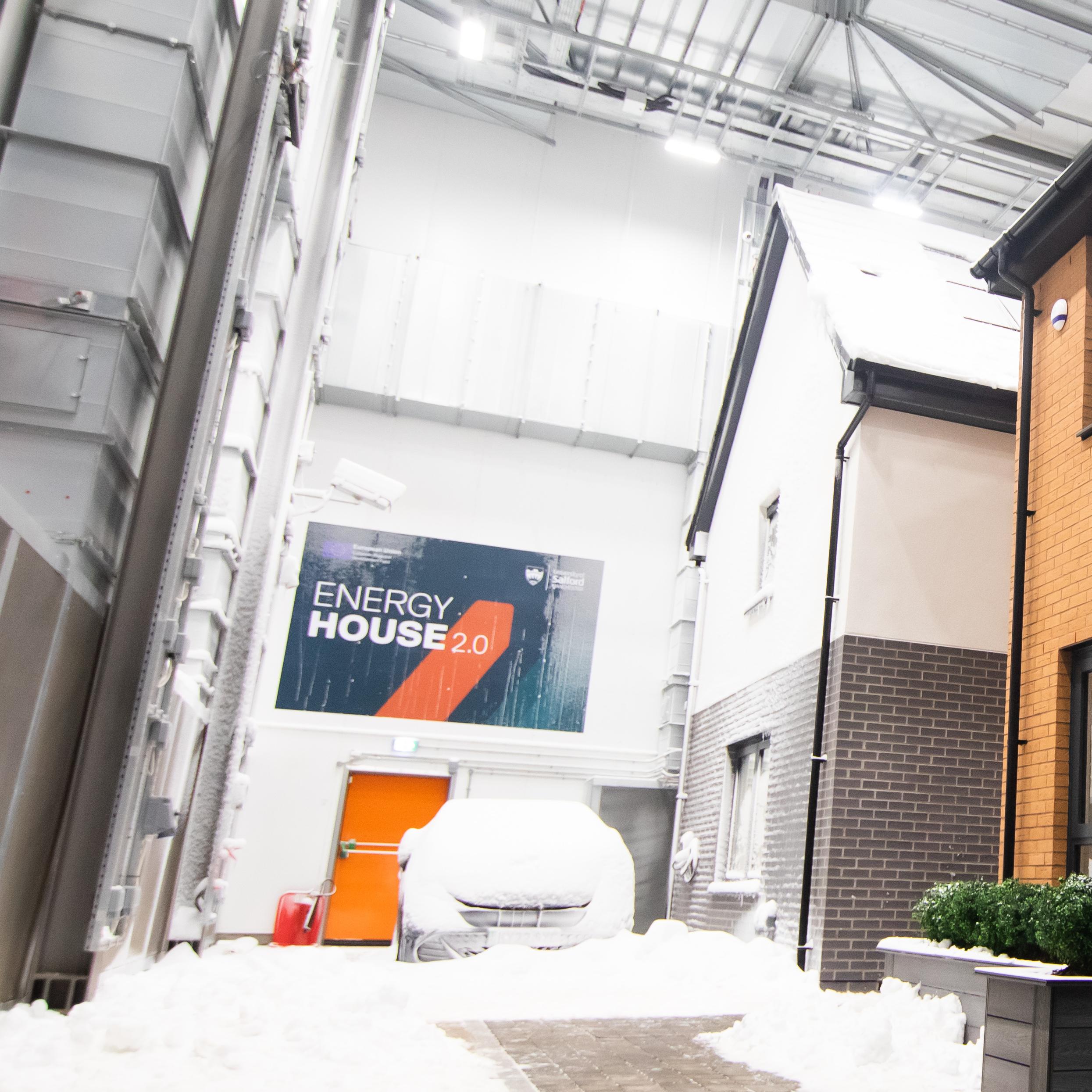
SUSTAINABLE BUILT ENVIRONMENT
We are redefining how buildings are designed, constructed, and lived in - placing sustainability, innovation, and real-world impact at the heart of our research. Through a suite of cutting-edge facilities and collaborative innovation projects, we are tackling the urgent challenges of climate change, energy efficiency, and sustainable living.
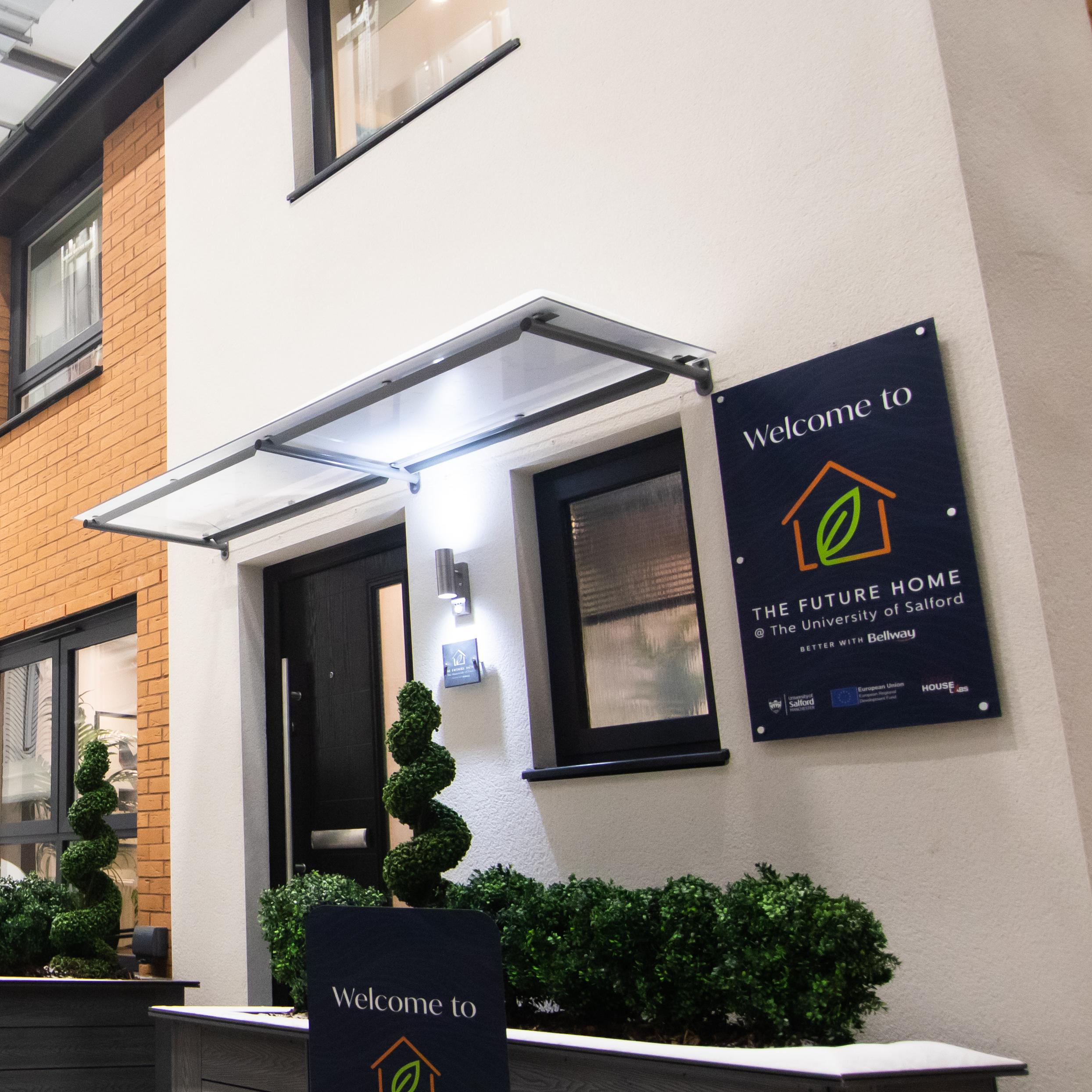
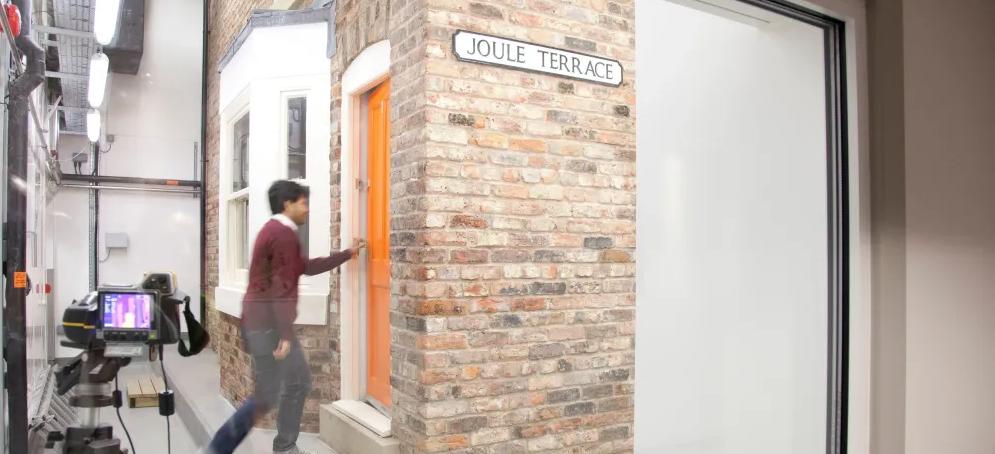
Case Study: THERMOCILL
ENERGY HOUSE 1.0
Energy House 1.0 is focused around retrofitting and is a unique research and testing laboratory that includes a full-scale, early 20th-century two-bedroom end of terraced house within an environmental chamber. It is a traditional construction; solid brick walls, suspended timber floors and single glazed windows with a conventional ‘wet’ heating system fired by a gas boiler.
The facility underpins a range of research topics including:
/ Building physics/performance
/ Sensors/data collection
/ Data analysis and visualisation
/ Smart meters and connected homes.
Experts from the University of Salford have shown that a simple, yet ground-breaking device could contribute to householders making savings on their energy consumption – and reduce the UK’s carbon emissions.
Thermocill, which is made entirely from recycled plastic, redirects the heat directly and vertically in front of a double glazed window unit, addressing heat loss through the window thus heating the room more and retaining the heat longer.
Scan to learn more about THERMOCILL:
ENERGY HOUSE 2.0
Opened in January 2023, Energy House 2.0 is a £16 million facility consisting of two environmental chambers that can replicate weather conditions (-23°C – 50°C) experienced by housing stock globally. The team have worked with major companies around the Future Homes Standard, a set of regulations in England aimed at making new homes more energy-efficient and reducing their carbon emissions, as well as with small start-ups with innovative products. The have explored building, fabric, heating systems, domestic hot water, overheating and EV performance under controlled conditions.
Research Applications:
/ Low Carbon Housing: Testing and developing low carbon building materials and technologies.
/ Net Zero Design: Evaluating the performance of net zero energy homes.
/ Climate Resilience: Studying the impact of extreme weather events on building performance.
Case Study: Vector Homes
Vector Homes is working with Energy House 2.0 to develop its new rapid-build housing system. The prototype is a low-carbon, one-bedroom bungalow measuring 40sq metres which has been constructed using recycled materials, including steel and plastics, as well as advanced materials such as graphene.
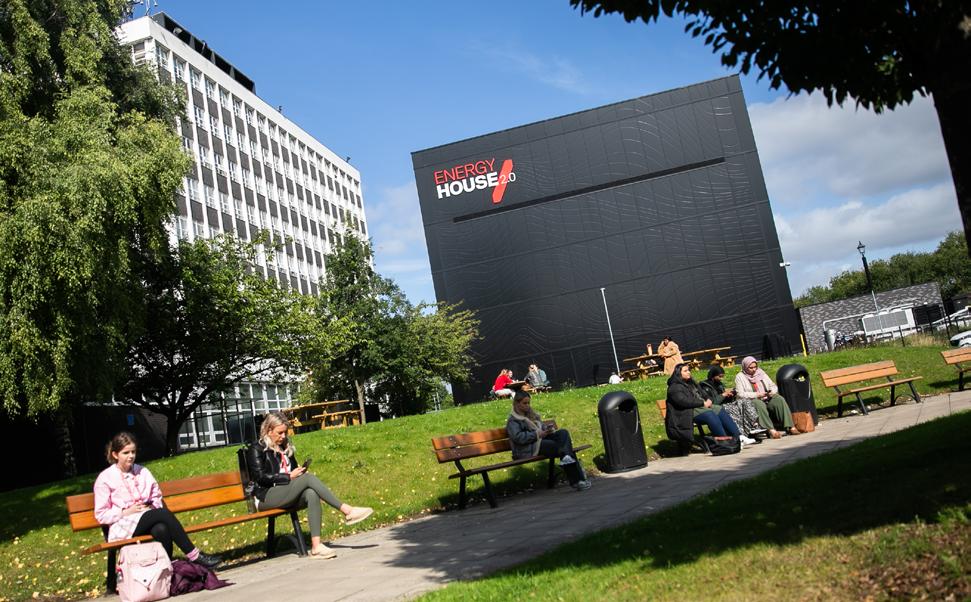
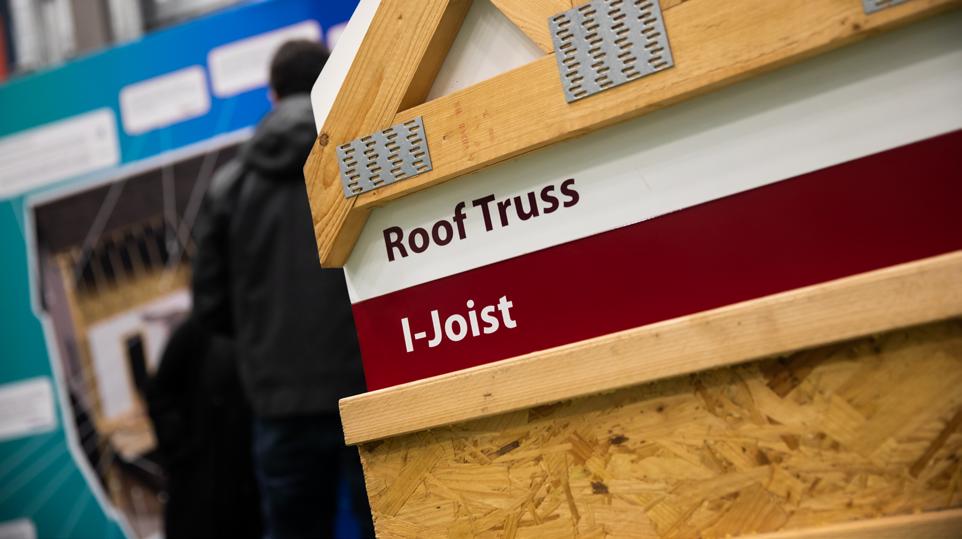


Scan to learn more about Vector Homes.
